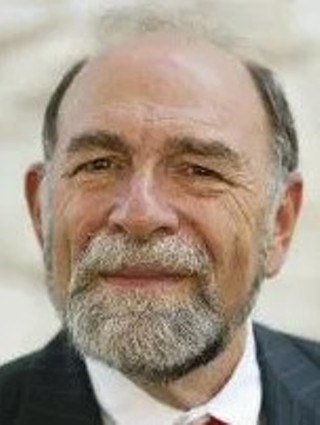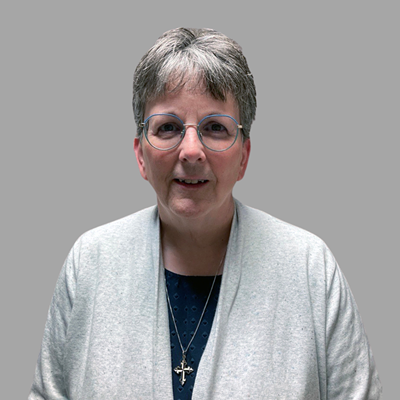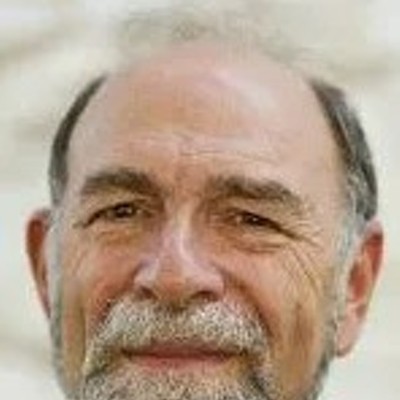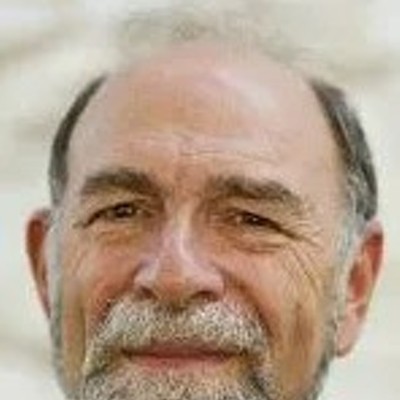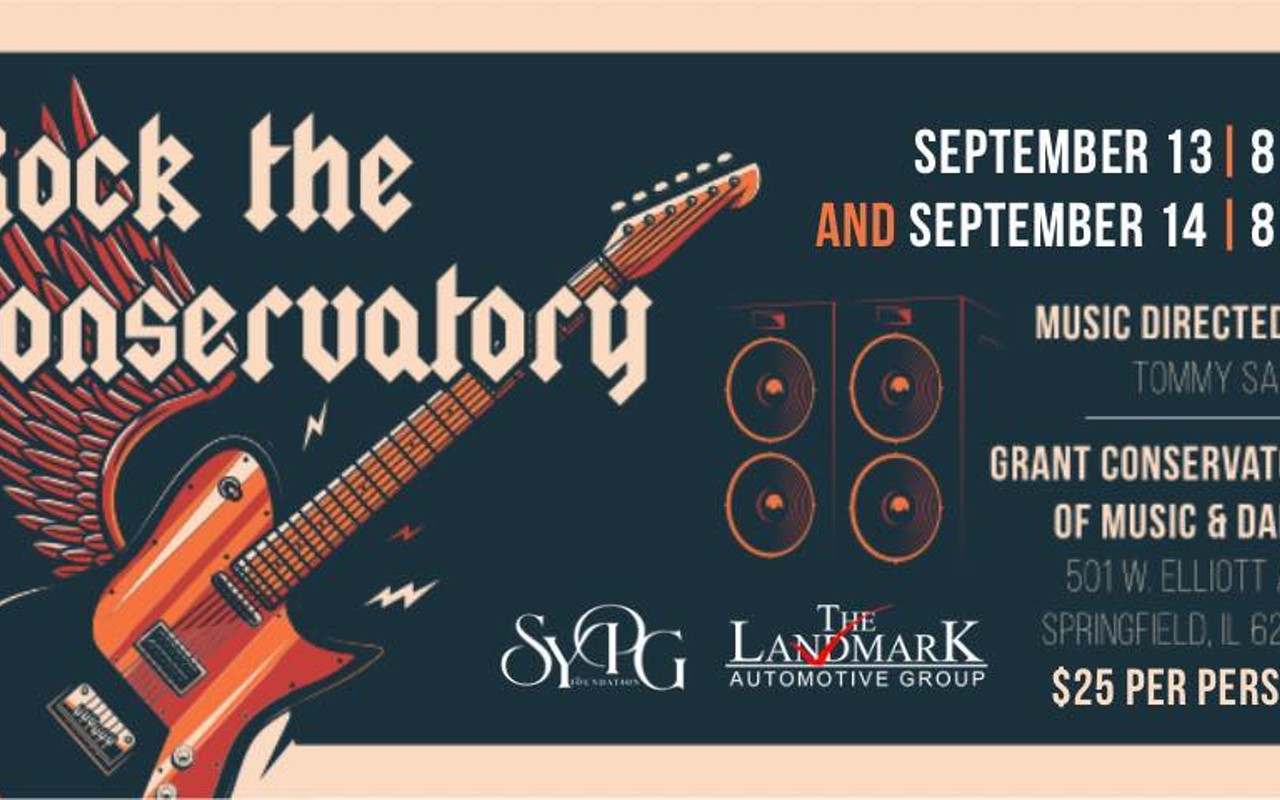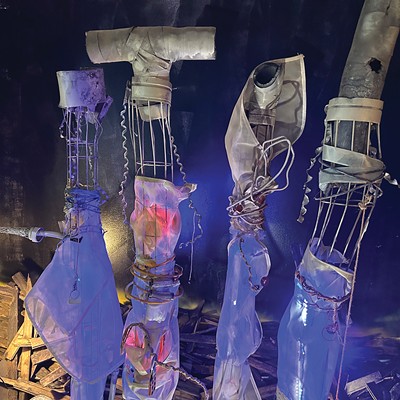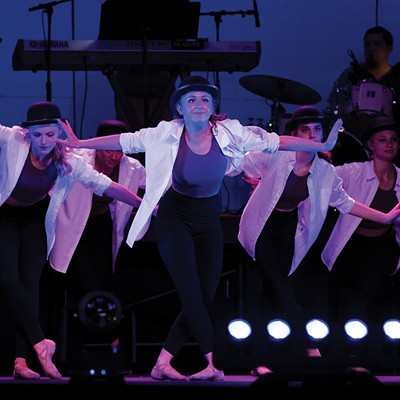On the religious calendar used in the Jewish community to
determine when holidays are to be celebrated or observed, we are currently in
the month of Elul, the last month of the calendar year. Rosh Hashanah, the New
Year holiday, will be observed this year on Wednesday evening, Oct. 2, and
Thursday and Friday, Oct. 3-4. The solemn fast of Yom Kippur (the Day of
Atonement) follows on Friday evening, Oct. 11, and Saturday, Oct. 12. These two
holy days are known as the Days of Awe. They mark the beginning and the
conclusion of the Ten Days of Penitence, a season of divine judgment, when our
destiny for the coming year is recorded and sealed. We endeavor during these
days to turn away from past sins, and we hope that, through repentance, prayer
and charitable deeds, we may merit being inscribed in the book of life, peace
and blessing. The mood of solemnity is leavened by a sense of optimism. The
severity of God’s judgment is mitigated by divine compassion and forgiveness.
Personal change is possible, and the sincerely penitent are granted the
opportunity to embark on a new beginning.
Elul is a month of preparation for the Days of Awe. Jewish
tradition encourages us to engage during this month in a cheshbon hanefesh, a
spiritual self-reckoning, assessing and evaluating our strengths and our
weaknesses and identifying those things about ourselves that alienate us from
God and our fellows and that we need to change in order to achieve wholeness
and fulfill our potential.
The impending arrival of the Days of Awe is announced and we
are reminded of the need to prepare ourselves spiritually by the sounding of
the shofar (ram’s horn) following weekday morning prayers throughout Elul. The
four brief notes sounded each morning are a foreshadowing of the lengthier
shofar ritual on Rosh Hashanah.
The shofar is an ancient musical instrument whose sounds are
produced by vibrating the lips against its mouthpiece and amplified as they
pass through the hollow of the horn. The notes are differentiated not by pitch
but by the number of blasts in a note and the length for which each blast is
held. In olden times the shofar may have been used to assemble a community
meeting, to rally troops in battle, or to announce the onset of the sabbath or
of a festival.
In the context of the Days of Awe, the sounding of the
shofar has a rich symbolism and a multitude of meanings relating to past,
present and future. One section of the Rosh Hashanah prayers quotes ten
different verses from Scripture that refer to the shofar. A medieval Jewish
philosopher, Saadia Gaon, enumerated 10 different reasons why the shofar is
sounded on Rosh Hashanah. The shofar recalls the Akedah, the binding of Isaac
on the altar by Abraham (which is one of the scriptural readings for Rosh
Hashanah), when a messenger of God intervened to avert the intended sacrifice
and a ram was substituted as an offering in lieu of the lad. It also alludes to
the giving of the Torah at Mount Sinai, when the sound of the shofar was heard
amid thunder and lightning. It reminds us of the prophets of the Hebrew scriptures,
whose clarion call for justice was compared to the sounding of the shofar. The
shofar is also associated with the advent of a future time when the prophetic
vision of peace and justice for Israel and all humankind will be fulfilled, a
time that will be heralded by the sounding of the ram’s horn.
In the present, the shofar’s sounds serve as a summons to
repentance, a spiritual wake-up call to us to focus on what gives meaning and
purpose to our lives. This was most eloquently expressed by the philosopher,
physician and codifier of Jewish law, Moses Maimonides, in the 12th century.
“The shofar exclaims: Wake up from your slumber! Examine
your deeds and turn in repentance, remembering your Creator. You sleepers who
forget the truth while caught up in the fads and follies of the time,
frittering away your years in vanity and emptiness which cannot help; take a
good look at yourselves. Improve your ways. Let everyone abandon their bad
deeds and their wicked thoughts.” (translation in Mahzor Lev Shalom for
Rosh Hashanah and Yom Kippur by The Rabbinical Assembly).
Rabbi Barry Marks is rabbi emeritus of Temple Israel in
Springfield.

